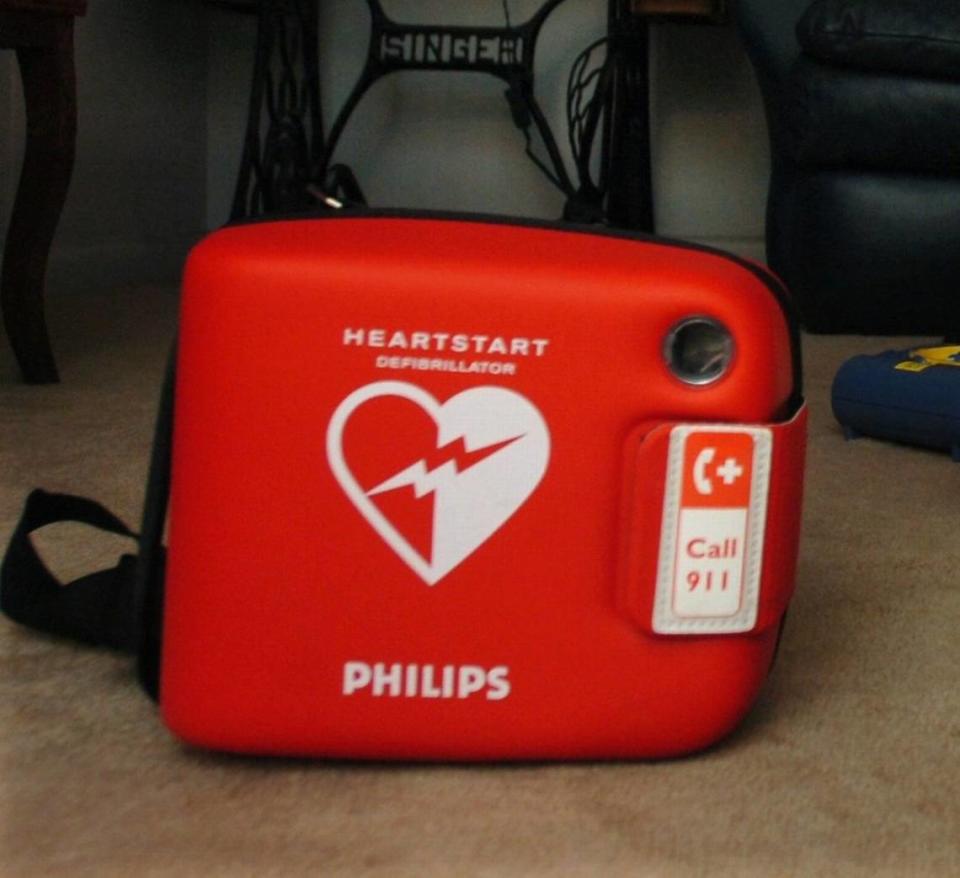DeSantis signs 23 more bills, holds back on signing $93.2 billion budget
Gov. Ron DeSantis signed 23 bills Tuesday night, none of which were the $93.2 billion state budget for the 2020-2021 fiscal year, which must be approved by July 1.
DeSantis said last month that he was putting off signing it awaiting action from Washington, D.C., on another stimulus package to address the national economic slowdown caused by the coronavirus pandemic.
Along with needing to sign the budget before July 1, DeSantis has line-item veto power. At a press conference last week, DeSantis joked that the budget would look like “the veto equivalent of the Red Wedding from ‘Game of Thrones,’ ” referring to a dramatic scene from the hit HBO show and George R.R. Martin’s third book in the series in which some of the main characters were betrayed and killed by their allies.
As of Tuesday, DeSantis had signed 91 of 190 bills the Legislature approved during the 2020 legislative session.
Here are notable bills signed Tuesday night:
SB 82 - Individuals with Disabilities
This bill, a priority of Bradenton Republican and Senate President Bill Galvano, overhauls the Medicaid-funded iBudget program, which provides services to people with intellectual and developmental disabilities.
The DeSantis administration recommended this year that the bill include a provision to mandate that economists review projections and costs in the iBudget program, which was created in 2014 to help people with disabilities like autism, cerebral palsy, Down syndrome or spina bifida live independently in their homes or communities.
Recipients of the iBudget waiver get individual budgets determined by an algorithm to spend on the services they require. According to the Agency for Persons with Disabilities, there are currently 34,500 people with the waiver and 21,300 on a wait list.
HB 7011 - Student Athletes
The death of a Tampa Bay high school football player helped spark this bill, which aims to give better protection for players at practices and games in the summer heat.
Hezekiah B. Walters, 14, died last June after collapsing during conditioning drills at Middleton High School in Tampa. His body temperature was 102 degrees when he arrived at the emergency room, and there was no athletic trainer present at practice or ice bath available for him to use.
The bill requires defibrillators to be clearly marked and available during games and practices, amending an existing Florida law that requires Florida High School Athletic Association member schools to have an automated external defibrillator on campus and ensure that employees who would reasonably use the device are properly trained.

The bill also requires guidelines for heatstroke prevention, including when to make cooling zones or ice baths available based on heat index levels.
Florida leads the nation in the number of high school athlete heatstroke deaths, with four in the past nine years.
In 2014 William Shogran, 14, died after overheating during football practice, also without an ice bath at the practice site. In 2017, a 16-year-old football player in Fort Myers, Zach Martin-Polsenberg, also died of heatstroke after collapsing at practice.
HB 1259 – Incarcerated Pregnant Women
This bill, dubbed the “Tammy Jackson Act” after a Broward County woman who gave birth alone in jail, ensures, among other things, that pregnant inmates in Florida’s prisons and jails are not placed in restrictive housing involuntarily while in labor.
The legislation was put forward by Democrats and co-sponsored by a bipartisan mix of lawmakers.
Jackson, who was also mentally ill, gave birth alone in an “isolation cell” at the North Broward Bureau of the Broward County jail system in 2019. The Broward Sheriff’s Office immediately launched an internal affairs investigation, which concluded in September that there was no evidence Jackson was mistreated.
HB 1213 - Educational Instruction of Historical Events
One of the least controversial bills signed by the governor, HB 1213, requires teaching about anti-Semitism as part of mandatory Holocaust education in schools. It also mandates that schools incorporate a lesson about the 1920 Election Day Massacre in Ocoee into their curriculum
The Holocaust piece came about after a Palm Beach County principal made national news in 2018 when he wrote to a parent that he couldn’t “say the Holocaust is a factual, historical event.” (His lawyer later contended the principal was guilty only of writing a poorly worded email, not of being a Holocaust denier.)
The Ocoee portion of the bill came as Florida readies for the 100th anniversary of one of its darkest chapters. On Election Day 1920, in response to a black man attempting to vote, a white lynch mob burned down an entire predominantly black neighborhood in Ocoee. They also lynched a local man, July Perry, and shot at black families while they tried to escape town.
The measure passed both chambers without opposition during the legislative session.
HB 199 - Sexual Battery Prosecution Time Limitation
Following in the footsteps of other state legislatures this year, lawmakers passed HB 199 to eliminate the statute of limitations for a sexual battery case involving a victim younger than 18.
The bill will not apply to offenses committed before July 1, 2020.
The measure was named “Donna’s Law” after Donna Hedrick, an Orange County woman who was allegedly raped by her music teacher as a teenager. In 2017, 40 years after the abuse, she came forward with a Change.org petition to amend Florida law. More than 28,000 people signed.
Tampa Bay Times reporter Emily Mahoney contributed to this report. Material from the News Service of Florida was used in this report.

